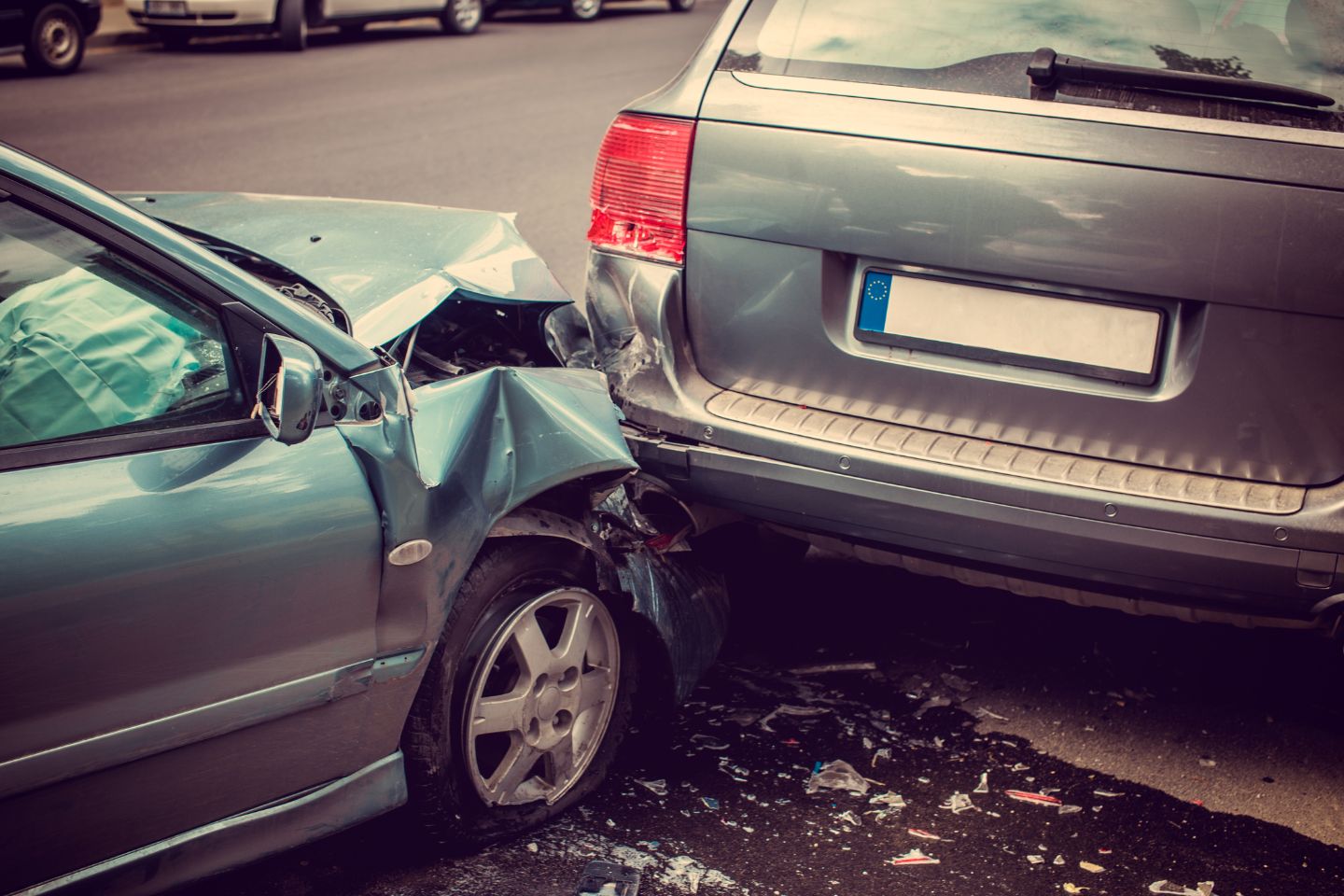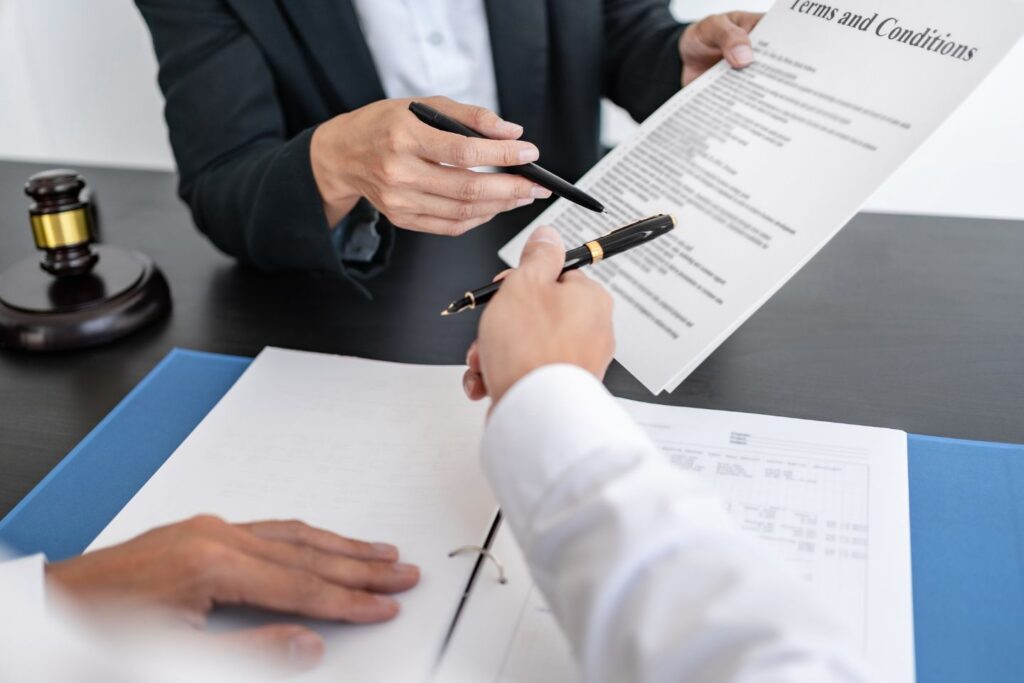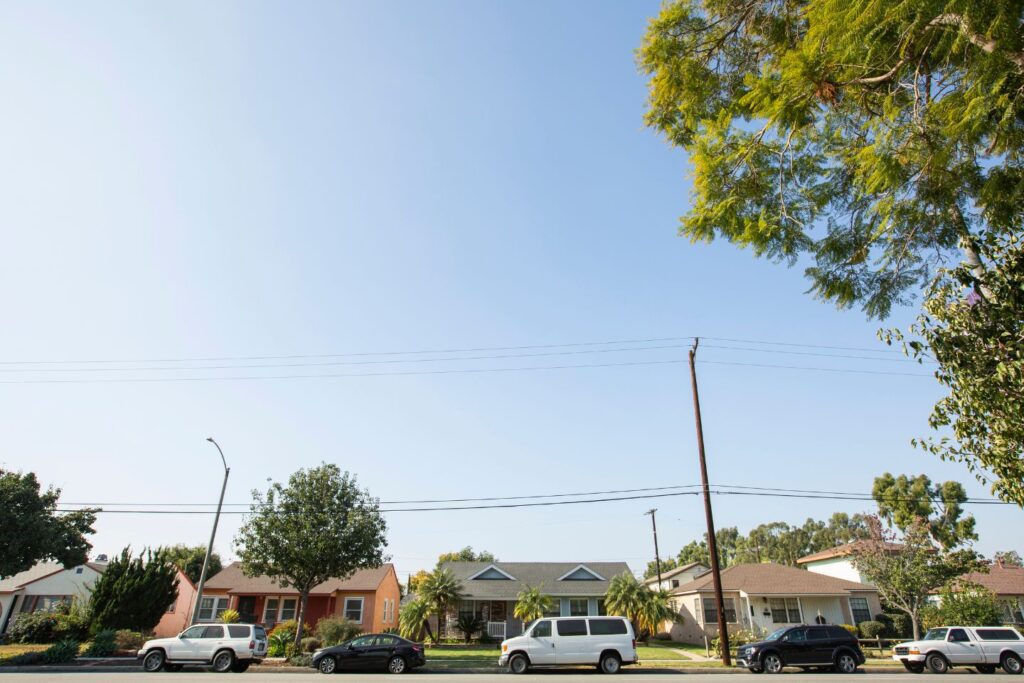Did you know that California, including areas like Lakewood, has one of the highest rates of vehicle accidents in the country? In fact, in 2021, over 4000 people were involved in traffic fatalities across the state. As a resident or commuter in Lakewood, understanding the dynamics of car accidents is crucial for your safety and peace of mind.
Consider the tragic event on the 91 Freeway in Lakewood, a stark example of the unpredictable nature of road safety. In this unfortunate incident, two individuals tragically lost their lives, while two others faced critical injuries, necessitating hospital care. Similarly, another grievous event in Lakewood involved a vehicle collision with a tree, resulting in the driver’s death and passenger injuries. These incidents are stark reminders of the real and profound impact such tragedies have on individuals, families, and the broader community. Each story underscores the sudden changes that can occur in life due to road accidents, reinforcing the importance of vigilance and safety on the roads.
Common Causes of Car Accidents in California
Car accidents in California, including Lakewood, are influenced by a variety of factors. Understanding these can help in prevention and safe driving practices.
- Distracted Driving: This remains the top cause of car accidents, not just in Lakewood but across California. Distractions such as texting, using a GPS, or even changing the radio station can lead to a momentary lapse in attention, enough to cause a collision. The use of smartphones has particularly exacerbated this issue, making it a significant concern on the roads.
In 2021, over 3,500 U.S. drivers died in accidents linked to distracted driving, primarily from cell phone use. New research in the Journal of Experimental Psychology: Applied reveals that the risks of distracted driving, including activities like using navigation systems and eating, are greater than previously known. Cognitive psychologists, including David Strayer from the University of Utah, found that distractions impact drivers’ attention for up to 30 seconds after the activity, suggesting a higher potential for accidents than current estimates. - Driving Under the Influence (DUI): The use of alcohol or drugs while driving is a major cause of accidents. Impaired judgment and slowed reaction times associated with DUI contribute to severe accidents, often with tragic outcomes. California law is strict on DUI, reflecting the seriousness of this issue.
- Speeding: Exceeding speed limits is a common cause of accidents in California. Speeding reduces a driver’s ability to react in time to avoid collisions and increases the severity of an accident when it occurs. Despite speed limits being clearly marked, speeding remains a persistent problem.
- Reckless Driving: This encompasses a range of behaviors such as aggressive driving, improper lane changes, and not adhering to traffic signs. Reckless driving reflects a disregard for the rules of the road and the safety of others, often leading to accidents.
- Fatigued Driving: Often overlooked, driving while tired or drowsy is a significant hazard. It impairs cognitive function and reaction time, similar to the effects of alcohol. Fatigued driving is especially concerning for long-haul drivers and those who work irregular hours.
- Poor Road Conditions: Potholes, unclear road markings, and inadequate signage can contribute to accidents. Weather conditions like rain or fog also play a role by affecting visibility and road traction.
- Vehicle Defects: Faulty brakes, airbag issues, or tire defects can lead to accidents. Regular vehicle maintenance is crucial to ensure that all parts are functioning correctly.
- Inexperienced Drivers: Young or inexperienced drivers may lack the skills or judgment required to navigate complex traffic situations, leading to higher accident rates among this demographic.
- Tailgating: Following too closely behind another vehicle doesn’t leave enough space to react if the car in front stops suddenly. This is a common cause of rear-end collisions.
- Ignoring Traffic Signals: Running red lights or failing to stop at stop signs can lead to severe T-bone collisions at intersections.
By being aware of these common causes, drivers in Lakewood and across California can take proactive steps to avoid them. This includes staying focused on the road, adhering to speed limits, avoiding driving under the influence, and ensuring proper vehicle maintenance. Remember, safe driving not only protects you but also others on the road.

What to Do After a Car Accident in Lakewood, California
If you find yourself in a car accident in Lakewood, it’s essential to navigate the aftermath with care and attention. The journey to recovery often involves several steps:
- Prioritizing Health and Safety: The immediate aftermath of an accident can be disorienting, but your first step should always be to seek medical attention. Even if injuries appear minor or non-existent, it’s crucial to get checked by a healthcare professional. Some injuries, like whiplash or internal trauma, may not be immediately apparent but can have long-term consequences if left untreated.
- Initiating an Auto
Insurance Claim: After ensuring your health is not at risk, the next critical step is contacting yourinsurance company. Report the accident promptly, as delays can complicate the claims process. When filing a claim, provide all necessary details about the incident, and gather any evidence such as photos of the scene, police reports, and witness statements. This documentation will be vital in assessing the claim and determining the coverage for damages. - Legal Considerations and Personal Injury Claims: If the accident wasn’t your fault, it’s advisable to consult with a legal expert, especially if there are disputes about liability or significant injuries. Personal injury lawyers specialize in helping victims navigate the legal complexities of car accidents, from negotiating with
insurance companies to filing lawsuits if necessary.
Unexpected car accidents in California can lead to life-altering consequences and injuries, resulting in both physical and financial distress. Annually, California sees over 200,000 injuries from auto collisions. Victims can seek compensation for medical expenses, future medical costs, mental anguish, pain and suffering, loss of wages, and property damage through claims or lawsuits. This compensation covers various expenses from doctor visits to income loss due to the inability to work.
- The Path to Emotional and Physical Recovery: Acknowledge that recovery extends beyond physical injuries. Car accidents can have a significant emotional impact, leading to stress, anxiety, or even post-traumatic stress disorder (PTSD). It’s important to recognize these emotional responses and seek support. This might include counseling or therapy, which can be instrumental in helping you cope with the mental and emotional aftermath of an accident.
- Rehabilitation and Ongoing Care: Depending on the severity of injuries, you may require physical therapy or ongoing medical treatment. Follow your healthcare provider’s advice and attend all necessary rehabilitation sessions. This process can be crucial for a full recovery.
- Financial Considerations: Be mindful of the financial implications of an accident. Keep track of all expenses related to the accident, including medical bills, repair costs, and any lost wages. These records are important for
insurance claims and potential legal proceedings. - Staying Informed and Prepared for Future Implications: Keep abreast of your
insurance claim’s status and any legal proceedings. It’s also wise to review and understand yourinsurance coverage to prepare for any future incidents better.
Navigating the aftermath of a car accident in Lakewood, California, requires a balanced approach, addressing both immediate concerns and long-term implications. Prioritizing your health, understanding your legal rights, and addressing emotional well-being are all integral parts of this journey. Remember, it’s a path you don’t have to walk alone – professional support is available every step of the way.


Personal Injury vs. Wrongful Death
When a car accident occurs in Lakewood, California, the aftermath often involves legal considerations, especially if there are injuries or, tragically, fatalities. Understanding the difference between personal injury and wrongful death claims is crucial in these situations.
Personal Injury Claims: The Path to Recovery
After a car accident in Lakewood, if you’re injured but thankfully still alive, you’d typically file a personal injury claim. This claim is your pathway to recovery – both health-wise and financially. Here’s what it usually involves:
- Medical Treatment: Documenting all medical treatments you receive post-accident is key. This includes emergency room visits, doctor’s appointments, physical therapy, and any other medical interventions.
- Lost Wages and Earning Capacity: If the accident affects your ability to work, either temporarily or permanently, these losses can be included in the claim.
- Pain and Suffering: This is a bit trickier to quantify but includes physical pain, mental anguish, loss of enjoyment of life, and other intangible impacts of the accident.
- Legal Proceedings: Often, the process involves negotiations with
insurance companies. A lawyer experienced in personal injury law can be invaluable in ensuring you receive fair compensation.
Wrongful Death Claims: Navigating the Aftermath of a Tragedy
In the unfortunate event that someone loses their life in a Lakewood car accident, the legal recourse shifts to a wrongful death claim. This is filed by the deceased’s relatives or estate. Here’s what it involves:
- Burial and Funeral Expenses: These immediate costs are typically recoverable in a wrongful death claim.
- Loss of Financial Support: If the deceased was a primary earner, the financial impact on the family can be significant and is often a major component of the claim.
- Loss of Companionship: For spouses, children, or parents of the deceased, the emotional loss is profound and is considered in the claim.
- Navigating Legal Complexities: Just like personal injury claims, wrongful death claims often involve negotiations with
insurance companies or legal proceedings. Legal guidance is crucial here too.
Both types of claims are deeply personal and can be emotionally challenging. In Lakewood, where busy roads and highways see their fair share of accidents, being informed about these legal pathways is important. It’s not just about financial compensation; it’s about finding some sense of balance and justice in the wake of a life-changing event.
If you find yourself in either situation, reaching out for professional legal and emotional support is a step towards healing and recovery. Remember, while the road to recovery can be long, you don’t have to walk it alone.
Frequently Asked Questions
What should I do right after a car accident in Lakewood?
First, ensure your safety and that of others. If it’s safe, move vehicles out of traffic. Then, call 911, especially if there are injuries or significant vehicle damage. Exchange information with the other driver(s), including names, contact details,
How long do I have to file a claim after an accident in California?
In California, the statute of limitations for personal injury claims is generally two years from the date of the accident. For property damage (like vehicle damage), the limit is three years. It’s advisable to file claims as soon as possible to ensure all details are accurately documented and remembered.
What kind of damages can I claim after a car accident?
You can claim various damages, including medical expenses, lost wages, property damage, and pain and suffering. If the accident was particularly traumatic, you might also claim for emotional distress. The specific damages depend on the accident’s circumstances and your individual losses.
How does comparative negligence affect my claim in California?
California follows a “pure comparative negligence” rule. This means if you’re found partially at fault for the accident, your compensation will be reduced by your percentage of fault. For example, if you’re 30% at fault and your damages total $10,000, you can only recover 70% ($7,000) of your total damages.
Can I still file a claim if I didn’t have symptoms immediately after the accident?
Yes, you can still file a claim. Some injuries, like whiplash, may not manifest immediately. As soon as you notice symptoms, seek medical attention and document your injuries. This medical documentation will be crucial for your claim.
The Path to Compensation with The Personal Injury Center
If you’re struggling with injuries from a car accident, reaching out to The Personal Injury Center could be your key to clarity and compensation. Their experienced personal injury lawyers are dedicated to helping you understand the nuances of your case and fighting for the compensation you rightfully deserve. Don’t navigate the legal maze alone; let The Personal Injury Center guide you through every step of your personal injury claim.
Don’t wait to get the support and guidance you need. Contact The Personal Injury Center today and take the first step towards understanding your personal injury case and securing the compensation you need for your recovery. Your journey to justice and healing deserves the right legal expertise.



